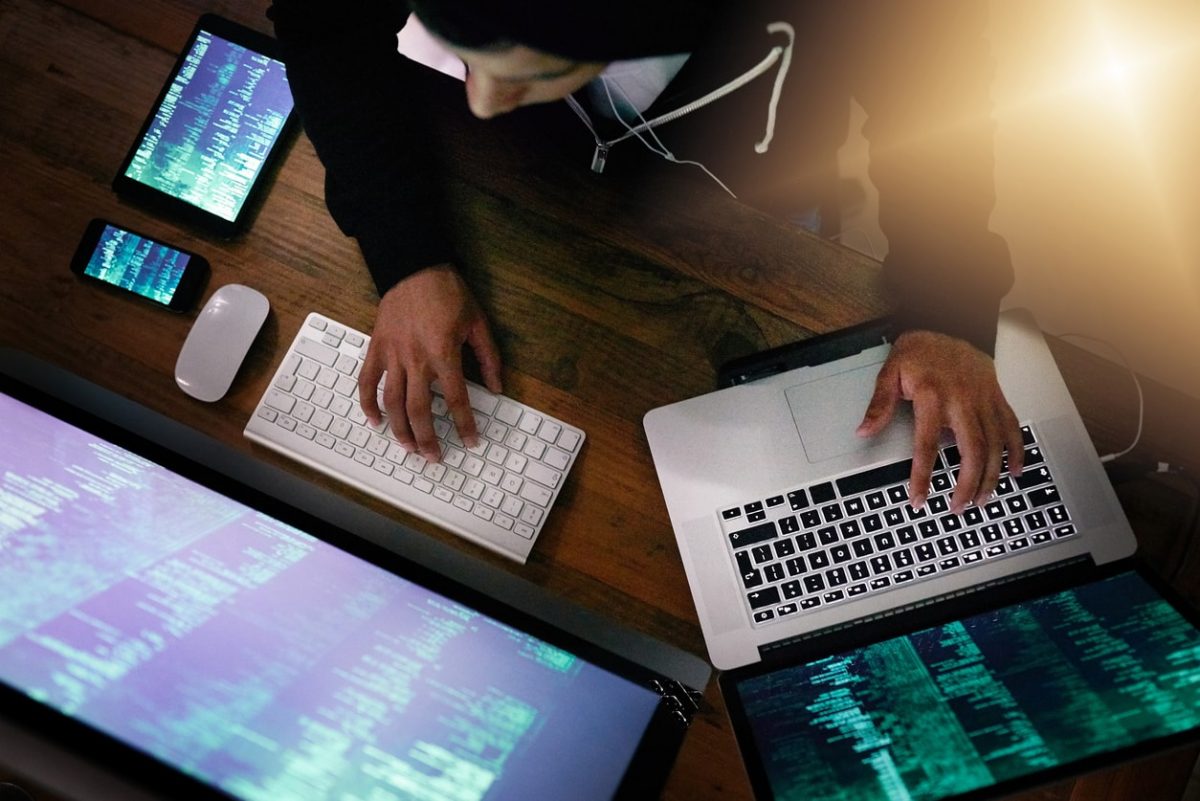
Cyber activity that involves attacks against large companies and major banks have taken over news stories in recent years. Large-scale cybersecurity issues have shown just how vulnerable every industry is to hackers looking to steal important information and exploit a company’s weak spots. But while hackers have every reason to go after big targets, small businesses and small banks equally share vulnerability when it comes to being targeted and attacked.
Earlier this year, Verizon published a report detailing cyber-attacks against small, mid-sized, and large companies. The Data Breach Investigations Report highlights that 58% of all cyber attacks focus on small business, including small banks. One main reason why is because these smaller entities are easier to penetrate due to lack of data security and education around hacking.
Insuring The System
Small business and banks have almost no excuse to not take heed of the dire consequences they face when it comes to being hacked. From business information to financial data, everything is of value to hackers. One step toward protecting the integrity of a bank or business is looking into cyber insurance, a specifically designed coverage that protects companies in the wake of a data breach or major financial loss.
Whether it’s a mom and pop shop or a small local bank, bank cyber insurance and insurance made for small retailers or businesses, for example, will only help in safeguarding against long-term effects of being hacked.
Preventative Measures
While bank cyber insurance programs are a fine fit for community banks looking to protect their assets following a cyber-attack, it’s the steps taken beforehand that really matter. Cyber-attacks can’t always be prevented, but they can be limited.
Encouraging your employees to be diligent about their own cybersecurity should be step number one. Creating an atmosphere of education mixed with accountability will only be helpful when protecting against attacks. Employees should keep from sharing their passwords, sign-in information, or personal information in any way.
This same kind of effective measure can also be ingrained in staff at small businesses. Every worker should receive proper training on how to keep information safe and secure. This can include not only instructions on best practices, but also training when it comes to email safety and not clicking on unknown links or downloading strange attachments. Also, it’s important to limit physical access to devices and understand why it’s important to avoid using unsecured public networks.
Limit Access to Important Information
Whether you’re a bank or coffee shop, sensitive information needs to be kept safe. This should include restricting the number of people who have access to information. This may mean requiring additional passwords or installing a two-factor authentication when signing in.
Certain files can have additional passwords or encryption tools implemented to keep the most private information secure. Also, it is important to do a full review when it comes to deciding who on your staff is given access to data on mobile and personal devices. The more connections to a network, the harder it is to control any access that takes place.
About Financial Guaranty Insurance Brokers
Since 1983, Financial Guaranty Insurance Brokers has distinguished itself as a provider of Professional Liability, Cyber Liability, and Crime insurance products for entities of all types. To receive timely, personalized service from a knowledgeable and experienced staff, call us today at (877) 485-4413 to speak with one of our professionals.


